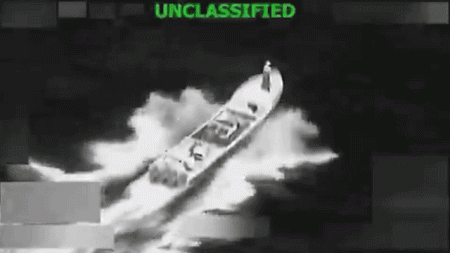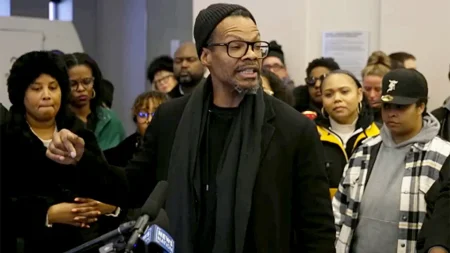French President Rallies Global Support for Two-State Solution
In a significant diplomatic initiative, the French president has successfully gathered support from 142 nations for a proposed road map toward a two-state solution to be implemented following the conclusion of the ongoing Gaza conflict. This international coalition represents a substantial portion of the global community throwing their weight behind a framework designed to create lasting peace between Israelis and Palestinians. The road map outlines a series of steps, benchmarks, and commitments intended to establish a viable Palestinian state existing peacefully alongside Israel. The French-led initiative emphasizes the need for security guarantees, territorial arrangements, and economic cooperation as foundational elements of any sustainable peace agreement.
Notably absent from this broad international consensus are two critical stakeholders: Israel and the United States. This absence creates a significant challenge for the initiative’s practical implementation, as Israel’s participation would be essential for any two-state solution to materialize. The Israeli government has expressed reservations about aspects of the French proposal, particularly regarding security arrangements and the status of Jerusalem. Similarly, the United States, traditionally the primary mediator in Israeli-Palestinian peace efforts, has not endorsed the French road map, instead advocating for its own approach to resolving the conflict. American officials have indicated that while they support the concept of a two-state solution, they have concerns about specific provisions in the French-led initiative.
The French diplomatic push comes amid the devastating humanitarian crisis in Gaza, where thousands of civilians have lost their lives and infrastructure has been decimated since the conflict began. Proponents of the road map argue that planning for the post-war landscape is essential to prevent a return to cyclical violence and to address the root causes of the conflict. The initiative includes provisions for international peacekeeping forces, reconstruction aid, governance reforms, and mechanisms to address sensitive issues such as the status of refugees and control of holy sites. Many supporting nations view the road map as offering a pragmatic framework that acknowledges both Israeli security concerns and Palestinian aspirations for statehood.
The widespread international support for the French initiative highlights the growing global consensus that the status quo in the Israeli-Palestinian conflict has become untenable. Nations from every continent have signed on, including major European powers, Arab states, Asian economic powerhouses, and African nations. This diverse coalition reflects mounting frustration with the lack of progress toward resolving one of the world’s most enduring conflicts. Many supporting governments have emphasized that a two-state solution represents the only viable path to lasting peace and regional stability. The French president has personally invested significant diplomatic capital in building this coalition, conducting numerous bilateral meetings and multilateral consultations to refine the proposal and address concerns.
Critics of the initiative, however, question its viability without the support of Israel and the United States. Some argue that previous peace efforts have failed precisely because they lacked buy-in from key stakeholders or failed to adequately address fundamental security concerns. Israeli officials have expressed skepticism about international initiatives they perceive as imposing solutions without sufficient attention to Israel’s unique security challenges. Meanwhile, some Palestinian factions have raised concerns that the road map might not adequately address issues they consider non-negotiable, such as the right of return for refugees or the status of East Jerusalem as the capital of a future Palestinian state. These divergent perspectives underscore the complexity of finding a solution acceptable to all parties.
Despite these challenges, the French president continues to pursue diplomatic engagement with both Israel and the United States, seeking to bridge the gap between the international consensus and the positions of these key actors. The road map includes flexibility mechanisms intended to accommodate evolving security realities and political constraints. Diplomatic sources suggest that behind-the-scenes negotiations continue, with efforts to find common ground on specific provisions that might make the initiative more acceptable to Israeli and American interests. The unprecedented breadth of international support has created significant momentum behind the French proposal, potentially increasing pressure on all parties to engage constructively once hostilities in Gaza subside. As the conflict continues to exact a devastating human toll, the question remains whether this diplomatic initiative can eventually translate into meaningful progress toward the elusive goal of two states living side by side in peace and security.










